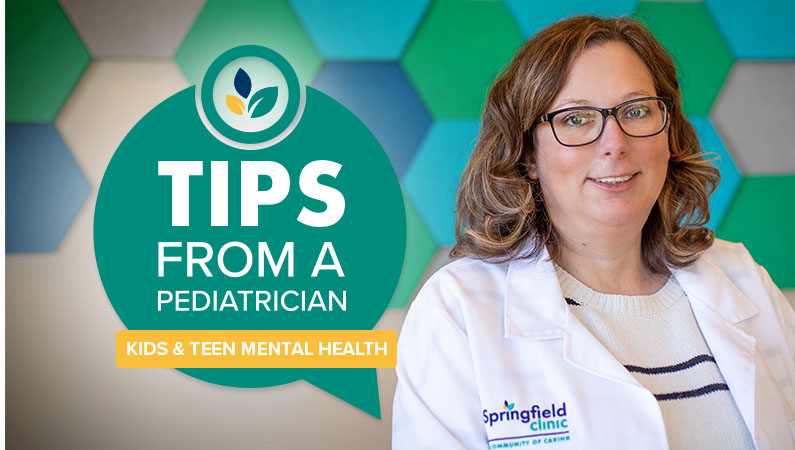Many mental health problems can start to become evident during childhood. Some mental health problems that are commonly diagnosed in children include:
Anxiety
Attention deficit hyperactivity disorder (ADHD)
Mood disorders, such as depression
Eating disorders
Obsessive compulsive disorder (OCD)
Post-traumatic stress disorder (PTSD)
Bipolar disorder
It can be difficult to recognize that a child might be struggling with a mental health condition, because children are constantly developing and changing, and the symptoms can be are quite different than those seen in adults with similar problems. It is perfectly normal for children to feel sad, stressed, angry, irritable or anxious, and a child may react to a certain event or respond to a situation differently than others might. Also, depending on their age, children may have difficulty explaining how they are feeling or why they are behaving a certain way. Often parents think their child might be “just going through a stage.” Without treatment, some mental health conditions can have lasting effects on children and can sometimes even keep them from meeting their full potential.
A young child struggling with a mental health problem might:
Have frequent tantrums or be excessively and uncharacteristically irritable
Worry excessively or talk about fears very frequently
Complain of pain that doesn’t have a clear medical cause, such as stomachaches or headaches
Be restless, have difficulty concentrating or be unable to sit quietly (except when they are watching videos or playing video games)
Sleep too much or too little
Have frequent nightmares
Not want to play with other children or have a difficult time making friends
Struggle academically or have a recent decline in grades
Repeat certain actions or questions or check things many times out of fear that something bad may happen
Older children and teenagers might:
Have a drastic change in their behavior or personality that affects their relationships with others
Lose interest in doing things they used to enjoy
Have low energy or find it difficult to concentrate
Sleep too much or too little and seem sleepy throughout the day
Spend more time alone and avoid social activities with friends or family
Diet or exercise excessively, or make themselves vomit after eating
Harm themselves physically (e.g., by cutting or burning their skin)
Smoke, drink alcohol or use drugs repeatedly
Engage in risky or destructive behavior alone or with friends
Have thoughts of suicide
Have periods of highly elevated energy and activity and require much less sleep than usual
Say that they see or hear things that other people do not
If parents are worried about their child’s mood or behavior, they should start by talking to them about how they are feeling. It might also be helpful to ask other adults with whom their child spends time if any concerning behaviors have been noticed. Parents should consider the possibility that their child might be struggling with a mental health condition if they have any concerning symptoms like the ones mentioned above that persist for more than a few weeks, or if the symptoms start to interfere with their child’s ability to function normally at school, at home or with friends. Parents can schedule an appointment for their child to see a counselor who works specifically with children or make an appointment discuss their concerns with their child’s pediatrician. However, if a parent discovers their child has been harming themselves or are concerned for their child’s safety they should seek help immediately.
Call 217.528.7541 to make an appointment at a location near you.

Christina Branham, MD


